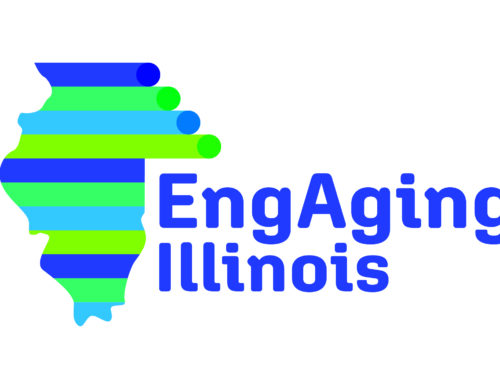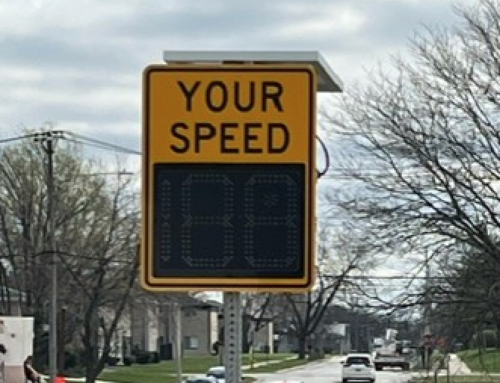 The Caucus is partnering with ComEd to start a local government EV Readiness Program in 2022 that will prepare communities to meet the growing demand for EVs and EV charging infrastructure. Qualifying local governments will receive free technical assistance and training in a variety of areas to earn the designation of “EV Ready Community.” The Caucus will first convene an Advisory Committee to prepare the program. Then, later this year, communities will be invited to enroll in the first of two cohorts of local governments to participate in the EV Readiness Program.
The Caucus is partnering with ComEd to start a local government EV Readiness Program in 2022 that will prepare communities to meet the growing demand for EVs and EV charging infrastructure. Qualifying local governments will receive free technical assistance and training in a variety of areas to earn the designation of “EV Ready Community.” The Caucus will first convene an Advisory Committee to prepare the program. Then, later this year, communities will be invited to enroll in the first of two cohorts of local governments to participate in the EV Readiness Program.
ComEd has pledged financial support to bring this program to life, which the Caucus greatly appreciates.
“With this commitment from ComEd, the EV Readiness Program will be able to provide communities with resources to develop policy and plan for infrastructure needed to successfully make the shift to electrification,” said Kevin Burns, City of Geneva Mayor and Caucus Environment Committee and Energy Subcommittee Chairman. “We know that communities have been looking for guidance, and the EV Readiness Program will prepare them to move swiftly on new investments coming forward as a result of clean energy legislation from our state and federal government.”
By planning and preparing, municipalities will make it easier for private investment in a strong regional network of charging infrastructure to occur, which allows for a broader and a more equitable use of this clean transportation option. Communities that participate in the EV Readiness Program will allow residents and businesses to more easily access the benefits of EVs, which include lower emissions, improved air quality, and better health of residents.
If your community would like to be notified when more information is available about the cohorts, then please complete this form.
Program Background
The Caucus began designing the EV Readiness Program when it received a grant from The Joyce Foundation. After holding 17 listening sessions throughout the Chicago region with 260 stakeholders, the Caucus created an EV Readiness Checklist of actions for communities to take to be prepared for the increase in EVs and EV charging stations. The Checklist includes several categories that local governments can influence, such as zoning and planning, permitting, and inspection and safety. The Caucus also wrote a technical guide titled the EV Readiness Decision Guide for Local Governments, to further help local governments prepare for transportation electrification. Both documents and more information about the EV Readiness Program can be found at the Caucus’ Becoming EV Ready webpage.
Greenest Region Compact (GRC) and Climate Action Plan goals, objectives and strategies addressed:
- Support efficient transportation that uses resources wisely.
- Integrate sustainability into transportation policies, programs and regulations.
- Operate a safe, clean, and efficient fleet.
- Decarbonize transportation.
- Create accessible and reliable networks of electric vehicle chargers.
- Adapt development processes to accelerate investment in EV charging infrastructure.
- Transition fleets to low- and zero-emission vehicles.
- Encourage other public and private fleet operators to switch to low- and zero-emission vehicles.
- Encourage residents to transition to electric vehicles through policies and infrastructure investment.





